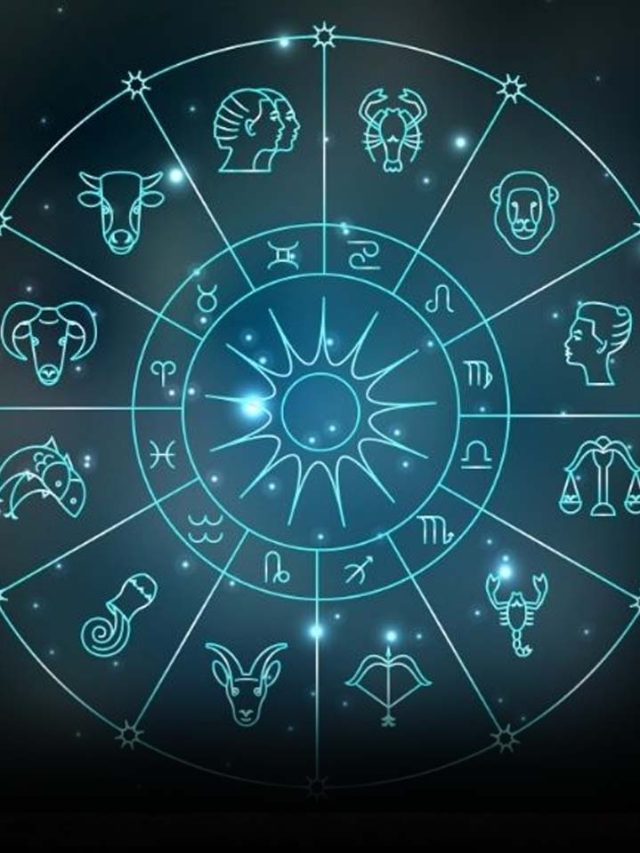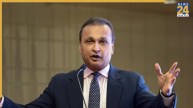Bank credit growth has outpaced the increase in deposits during the initial five months of the current fiscal year. This trend is expected to drive further increases in bank deposit interest rates. In the period spanning April to August 2023, banks have seen a rise of 27 basis points in their weighted average term deposit rates, according to data from the Reserve Bank of India (RBI).
From April to August 2023, bank deposits expanded by 6.6%, reaching Rs 149.2 lakh crore, while bank credit recorded a growth of 9.1%, reaching Rs 124.5 lakh crore. It’s worth noting that these figures account for the merger of HDFC with HDFC Bank, which contributed to the credit-deposit gap due to differences in deposit levels compared to loans, as reported by Times of India.
In absolute terms, banks have added Rs 11.9 lakh crore to their deposits, while their loan portfolios have grown by Rs 12.4 lakh crore. The difference between credit and deposit growth has been primarily managed by banks investing surplus funds in government securities.
As per a report by TOI, the weighted average term deposit rate of banks has risen from 6.28% in April to 6.55% in July 2023. Recent developments include PNB’s decision to increase interest rates on term deposits by 25 basis points. Presently, small finance banks are offering the highest term deposit rates, with Unity SFB offering 9% on 1001-day deposits. Among Indian private banks, DCB offers 7.75% on deposits ranging from 25 to 37 months, while Punjab & Sind Bank’s deposit rate of 7.4% is the highest among public sector banks.
Economists suggest that future deposit rates will be influenced by the impact of liquidity withdrawals on the banking system. There are concerns that the increase in current and savings account deposits resulting from the withdrawal of Rs 2,000 banknotes may be temporary
Also Read: Burglary Gone Wrong! Drunk Thief Dozes Off In Kitchen, Accomplices Leave Him Behind
































